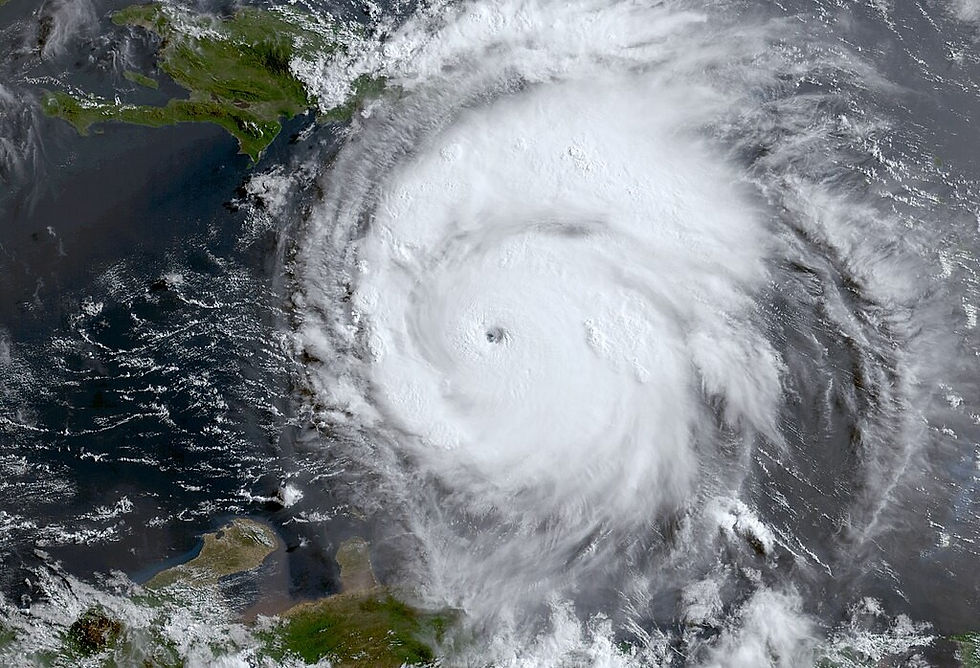
Hurricane Beryl, which formed on June 28th of this year, shattered numerous records. Its early formation and exceptional power serve as a stark warning, highlighting the intensification of extreme weather events due to climate change.
Typically, hurricane season stretches from June to November, with the most significant events occurring during months with warmer ocean temperatures. However, hurricanes like Beryl, reaching Category 5 as early as June/July, demonstrate how the frequency and intensity of these phenomena are changing significantly.
Despite the extensive damage caused (six billion dollars, tens of thousands displaced, and 29 fatalities), the human impact was mitigated thanks to early warning systems. As highlighted in an article by Elizabeth Riley and Celeste Saulo, of the Caribbean Disaster Emergency Management Agency (CDEMA) and the World Meteorological Organization, respectively, these systems have proven effective in reducing loss of life.
However, small island states pay a high price in terms of infrastructure damage. Their vulnerability is exacerbated by the difficulty of relocating economic infrastructure to safe areas and the scarcity of resources for reconstruction.
The Role of New Technologies and Global Responsibility
In the face of the climate change challenge, it is crucial to invest in new technologies, such as AI, to develop tools for preventing and managing extreme events. Artificial intelligence can help improve the accuracy of weather forecasts and optimize early warning systems.
Furthermore, it is urgent for industrialized countries, the primary contributors to greenhouse gas emissions, to increase their financial support to countries most vulnerable to the impacts of climate change. The Loss and Damage Fund, established to help poorer countries cope with the economic losses and damages caused by extreme events and the slow rise in sea level, must be adequately funded and operationalized, as emphasized by Riley and Saulo.
In conclusion, Hurricane Beryl is a clear signal of the devastating impact of climate change. Addressing this emergency requires a joint global commitment, investing in innovative technologies, strengthening international cooperation, and adopting ambitious measures to reduce greenhouse gas emissions.

Kommentare